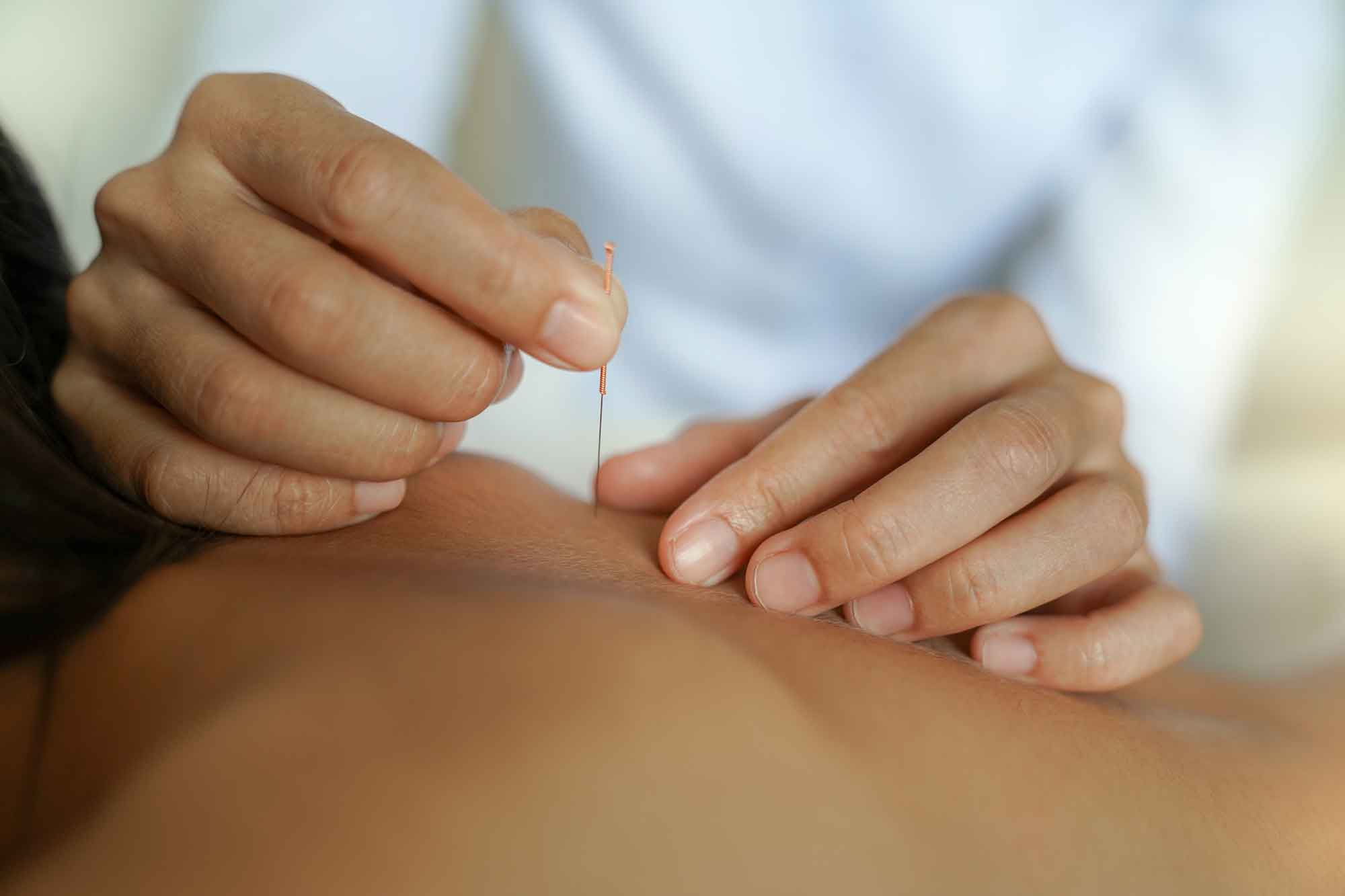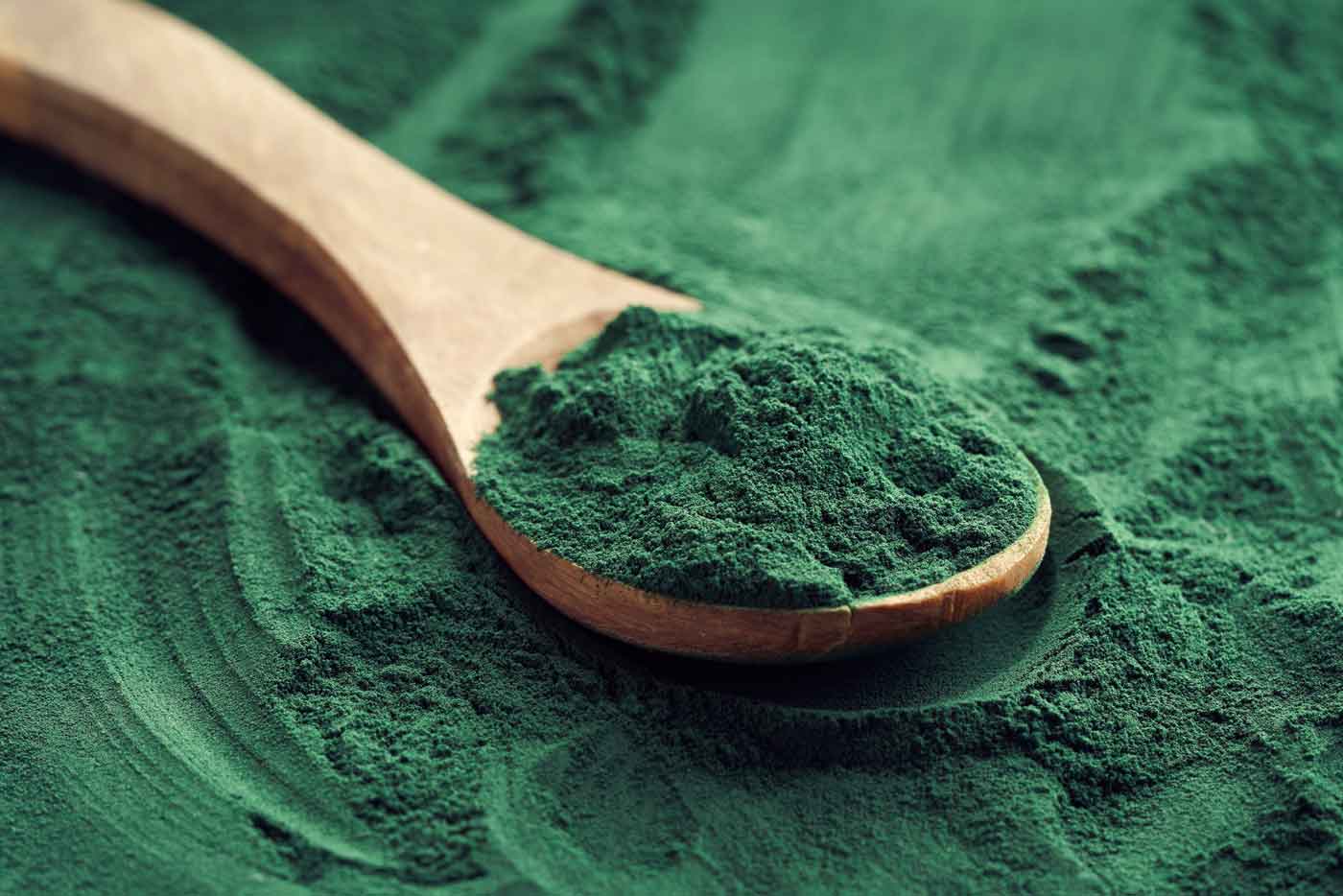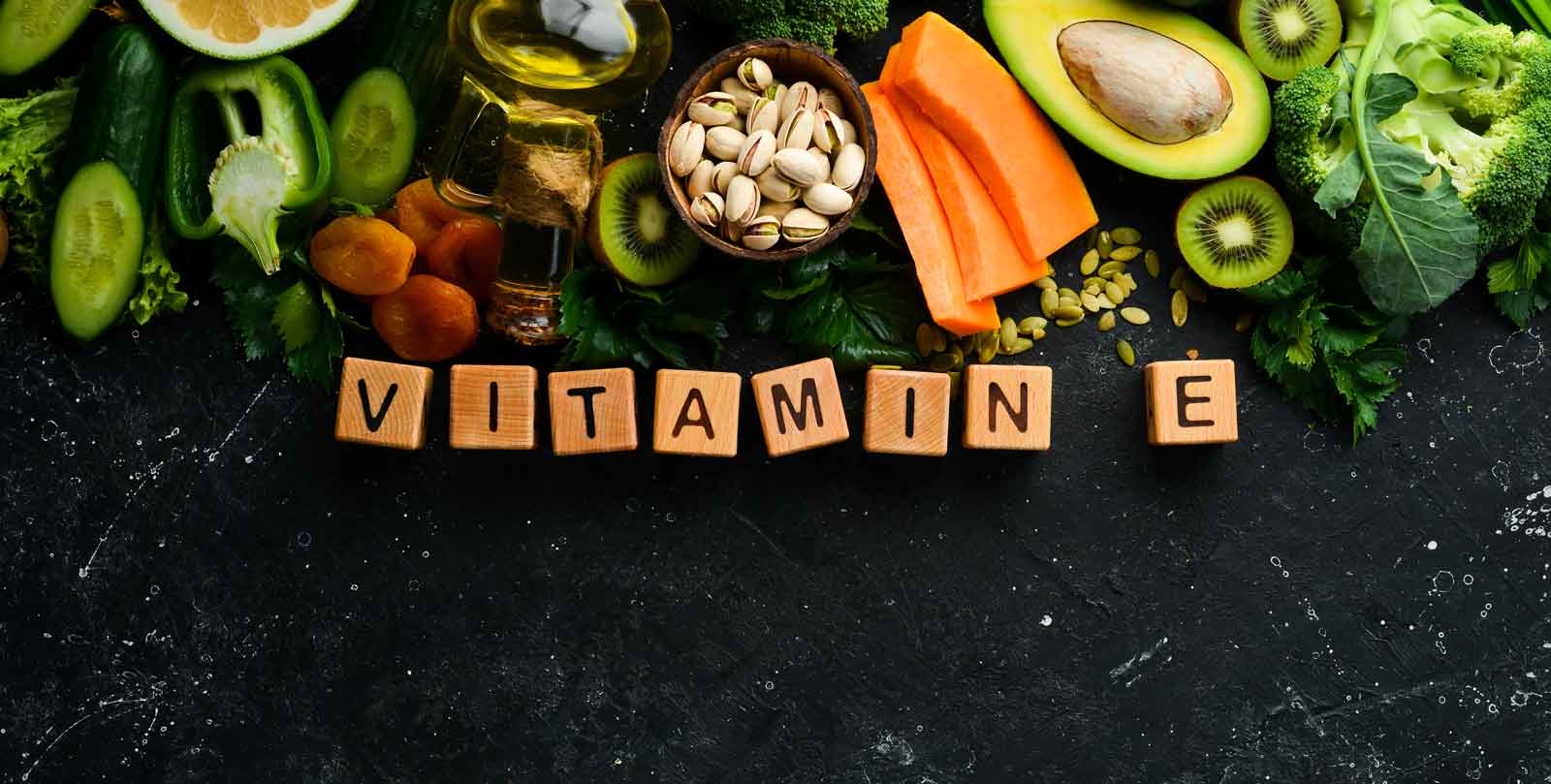
Pinpointing the Signficance of Acupuncture
WRITTEN BY MADISON SCHMIDT AND DR. SWATHI
What is acupuncture?
Acupuncture is a form of alternative medicine originating from Traditional Chinese Medicine (TCM) that involves the insertion of tiny needles into target areas of the body. From the Western medicine view, performing acupuncture on these target areas will relieve pain and relax the body. When the needles are inserted, the body releases natural painkillers to that area to relieve pain. Additionally, wherever there is pain felt, there is an overstimulation of nerves coming from our bodies “fight or flight” response, or sympathetic nervous system. Acupuncture can decrease this overstimulation of the sympathetic nervous system causing the area of discomfort in the body to relax (1,2).
However, in TCM, acupuncture is thought to balance out the qi (pronounced “chee”) or vital life force in our bodies. According to TCM, qi flows through pathways in our body called meridians. It is though that when the life force running through these meridians is not in harmony, it can lead to illness and discomfort. The strategic placement of needles in acupuncture can restore this disharmony resulting in healing of illness and relaxation (1,2).
What is the role of the endocannabinoid system in acupuncture?
As mentioned, when needles are inserted into the body during acupuncture there is a release of the body's natural pain killers, but what are these natural pain killers? Most notably, they include endorphins and endocannabinoids. Endorphins act on the same receptors as most pain medications in order to decrease pain. Whereas, endocannabinoids act on their own receptors to downregulate or decrease the sensation of pain. Although different, these two systems work together to produce the relaxing effect of acupuncture (3).
Similar to how pain medications mimic the endorphins in our body, the phytocannabinoids, cannabinoids from the cannabis plant, mimic the endocannabinoids we make in our bodies for various reasons, including to reduce pain. For this reason, researchers have shown their interest in combining acupuncture with an additional activator of the endocannabinoid system, such as cannabis, for maximal benefit (3).
What are the benefits of acupuncture?
Although the effectiveness of acupuncture is still widely unknown, there are an array of studies that have shown it to be beneficial. Most notably, acupuncture has been found to show benefit in those with chronic low back pain and is even covered by some insurance companies for this indication. Additionally, it has shown extraordinary benefits in neck pain, knee pain and migraine headaches (4). Overall, many people have found acupuncture helpful in treating different types of pain but the research is not entirely there yet to back it up. The reason for this is that treating using acupuncture is highly complex. It can be performed in different ways, on several different target areas of the body, and for different reasons, making it a complicated procedure to study. If you are interested in starting acupuncture, speak with your doctor about whether or not acupuncture could be a good fit for you.
How can I become certified in acupuncture?
Depending on the state, some physicians can practice acupuncture without any additional training, but this does not mean you need to be a physician in order to practice acupuncture (5). Anyone can be an acupuncturist as long as they go through the proper training. Usually, a Master’s degree in acupuncture is required as well as gaining certification through an accredited body. Most states accept the National Certification Commission for Acupuncture and Oriental Medicine (NNCAOM) test and/or certification in order to practice acupuncture. In addition to an acupuncture certification, the NNCAOM offers certifications in Oriental medicine, and Chinese herbology as well (6). If you are interested in becoming an acupuncturist, or certified in Chinese herbology, or Oriental medicine look into what your state requires for practice today (7)!
Resources:
-
Hafner C. What is acupuncture? Earl E. Bank Center for Spirituality and Healing at the University of Minnesota. 2016.
-
Mayo Clinic Staff. Acupuncture. Mayo Clinic. Accessed March 2021.
- Hua B, Baib F, Xiongb L, Wanga Q. The endocannabinoid system, a novel and key participant in acupuncture’s multiple beneficial effects. Neuroscience and Behavioral Reviews. 2017;77:340-357.
- Lao L, Sherman K, Suarez-Almazor ME, Khalsa P, Killen J. Acupuncture: In-depth. NCCIH. 2016.
- Lin K, Tung C. The Regulation of the Practice of Acupuncture by Physicians in the United States. Medical Acupuncture. 2017; 29(3):121–127.
- Eligibility for NCCAOM certification. National Certification Commission for Acupuncture and Oriental Medicine.
-
State licensure requirements interactive map. National Certification Commission for Acupuncture and Oriental Medicine. Accessed March 2021.
--
This article was edited by Dr. Swathi and was written by Element Apothec Scientific Communications Intern, Madison Schmidt. She is a Doctor of Pharmacy (PharmD) student at Southern Illinois University Edwardsville School of Pharmacy in Edwardsville, Illinois.











